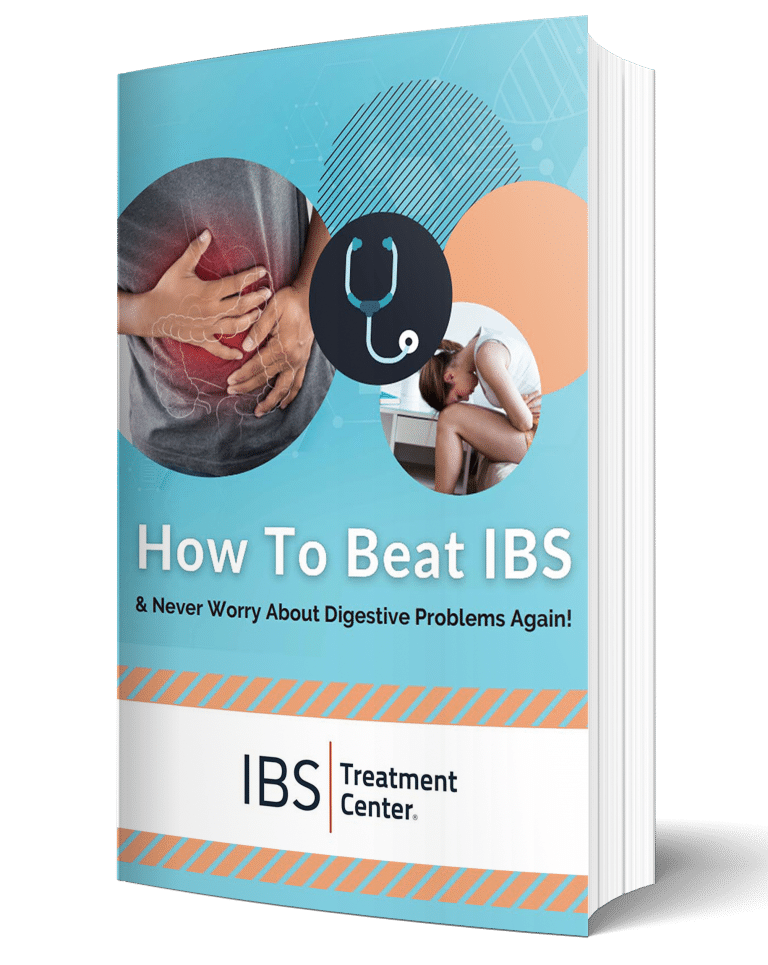(image thanks to doctorq.com)
According to the National Health Statistics Reports for the United States, the single most frequent diagnosis given out by doctors is “Hypertension,” commonly known as high blood pressure. In 2006, the most recent year for these statistics, over 35 million visits to doctors resulted in a diagnosis of high blood pressure.
In simple terms, high blood pressure is an increase in the pressure within your arteries (your pipeline) over 140/90. This increase in pressure is much like an increase in the pressure within a pipe. The higher the pressure, the harder the pump has to work, and the harder it is to contain that pressure within the pipe.
Therefore high blood pressure is well known to increase your risk for heart disease and heart attack (damage to your pump), and to increase the risk of stroke (blow outs in the pipe). An increase in blood pressure is well recognized to be related to weight gain.
However, there are many other causes, and not everyone who is overweight develops high blood pressure. One of the more interesting and certainly overlooked causes of high blood pressure may be food allergies.
Although not a major focus at our clinic, one of more interesting connections to the identification and removal of food allergies from their diet has been for some patients a significant and relatively quick drop in their blood pressure. This has not necessarily been related to a drop in their weight, although that is often another positive side effect of the treatment program.
These make for interesting stories, but it also turns out that there are some published reports on the subject of food allergies and intolerances and the incidence of hypertension. In fact, one of these studies is quite large. In 2004 a report of 3,740 gluten intolerant adults on a gluten free diet found that they had on average significantly lower blood pressure than the general population. (2)
This study did not measure their blood pressure before and after the change in their diet, but other smaller studies have. A case of a gluten intolerant patient with well monitored blood pressure that hovered in the 150s/mid 90s prior to diagnosis showed improvement within 6 months after going gluten free, and was completely normal 128/80 within 15 months. (3)
But more dramatic results have been reported in larger studies involving more food reactions. A study of 15 people with hypertension were found to be reactive to a different combinations of foods such as wheat, egg, dairy, orange, beef, corn, cane sugar, and yeast. In each case their blood pressure reverted to normal after removing the appropriate food(s) from their diet. And as an added bonus, everyone with migraine headaches also saw those disappear (which, believe it or not, are commonly triggered by food allergens). (4)
Summary
First, be sure to get regular check-ups. Blood pressure is one of the most common and preventable killers in the U.S. If you have high blood pressure, then be sure to get it treated by your physician.
But if you have borderline high blood pressure, or if you’d like to reduce your medication or potentially eliminate it altogether, then you are strongly encouraged to look into the possibility that a hidden food allergy is contributing to your elevated blood pressure. In fact, high blood pressure can be the only symptom that your food allergy is causing. But you may also have other health problems that will also benefit from diagnosing your food allergy (see our sister clinic website at Center for Food Allergies).
If you’d like to learn more about these types of food allergies and their connection to your health, please schedule an appointment with us. Our expertise is in helping you discover the hidden potential within you that can dramatically improve your health.
—
Image thanks to doctorq.com
—–
References
1. National Ambulatory Medical Care Survey: 2006 Summary, Number 3, August 6, 2008 by Donald K. Cherry, M.S.; Esther Hing, M.P.H.; David A. Woodwell, B.A.; and Elizabeth A. Rechtsteiner, M.S., Division of Health Care Statistics.
2. West J, et al. Risk of vascular disease in adults with diagnosed coeliac disease: a population-based study. Aliment Pharmacol Ther. 2004 Jul 1;20(1):73-9.
3. Lim PO, et al. Reversible hypertension following coeliac disease treatment: the role of moderate hyperhomocysteinaemia and vascular endothelial dysfunction. Journal of
Human Hypertension. 2002 Jun;16(6):411-5.
4. Grant EC. Food allergies and Migraine. Lancet. 1979 May 5;1(8123):966-9.

Dr. Wangen is the founder and medical director of the IBS Treatment Center, the award winning author of two books, and a nationally recognized speaker on digestive disorders. He has been on ABC, NBC, and Fox as well as public radio, and was named one of Seattle’s Top Doctors by Seattle Magazine.

